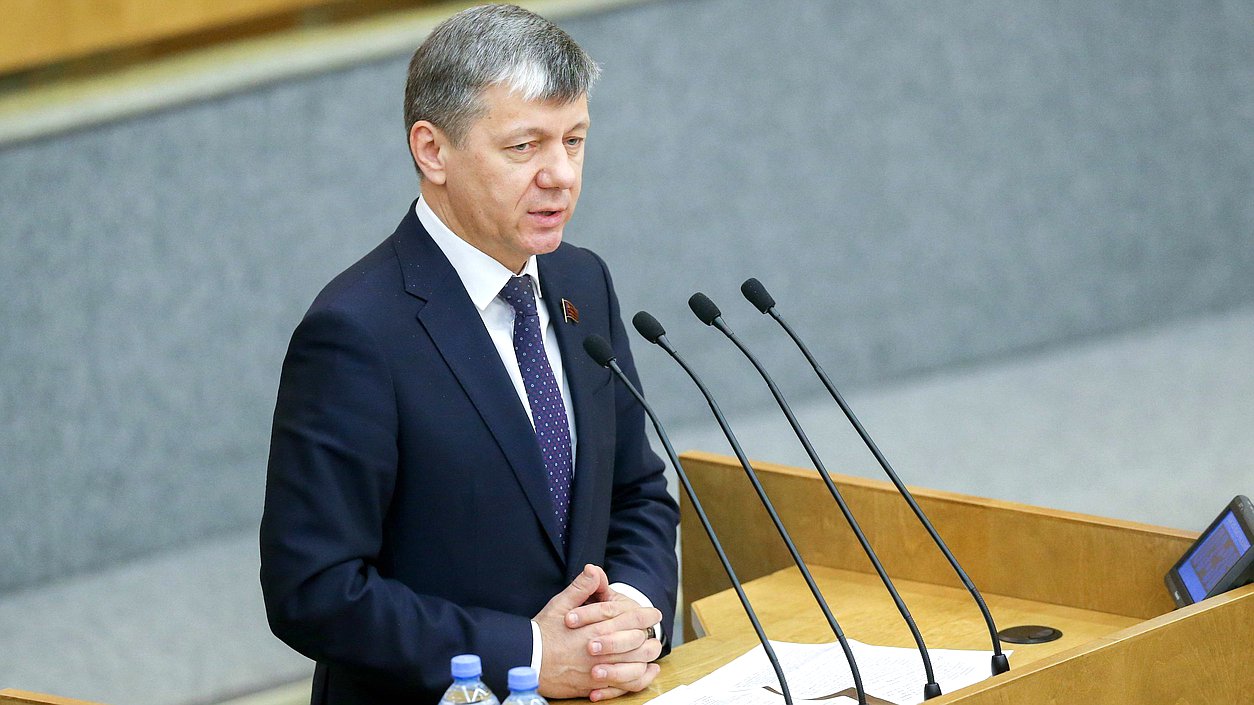
The European Union suffers more significant economic damage from anti-Russian sanctions than the Russian Federation itself. This was announced by the UN Special Rapporteur on the Negative Impact of Unilateral Coercive Measures on the rights and freedoms Idriss Jazairy.
He believes that Russia has managed to mitigate the negative effect of restrictions due to the development of its own production. Earlier, the Russian Foreign Ministry indicated that Europe had lost € 100 billion from the sanctions regime. Experts note that the EU countries have realized the uselessness of restrictions a long time ago, but they cannot lift them, as it would be an admission of their mistakes.
”From the point of view of the European Union, it is extremely strange to impose sanctions that cause more damage to European companies than to Russian,“ RIA Novosti quoted him.
Back in October 2017, the German newspaper Die Welt pointed out that the Russian counter-sanctions in relation to exports led to the EU losing about €30 billion. In March 2019, Deputy Foreign Minister Alexander Grushko stated that the damage to European states reached €100 billion.
The UN representative stressed that Russia was able to mitigate the negative effect of financial constraints through the development of its own production facilities.
“I believe that there are more reasonable ways to overcome the existing differences, by discussion and negotiations,” said Jazairy.
The EU sanctions regime against Russia was introduced in the spring and summer of 2014. It is regularly extended and operates in three independent directions: sectoral (extended until July 31), personal sanctions (valid until September 15), and sanctions against the Crimea and Sevastopol (extended until July 23, 2019).
“These sanctions should be abolished at all. The EU became infected with the bacillus of “American permissiveness”,” Russian Foreign Minister Sergei Lavrov assessed this situation during a meeting with members of the Association of European Businesses in Moscow.
The Russian side responds to European restrictions by the introduction of counter-sanctions, in particular, the product embargo. These measures are also regularly extended. At the same time, at a meeting with the French delegation in Simferopol, Vladimir Putin announced the readiness of Moscow to lift all restrictions as soon as Europe cancels its own.
“My answer will not please our Russian agricultural producers but I have to tell you that if European sanctions are lifted, then, of course, we will be forced to abolish retaliatory measures, as there will be no initial reasons for which they were introduced,” said the Russian leader.
Representatives of a number of European countries, in particular, Slovakia, Hungary, Austria, Italy, Germany, France, and Bulgaria, recognize the need to lift anti-Russian sanctions in order to stop damage to their own economy. Italian and German politicians and business representatives are the most consistent in this matter. They openly declare their lack of interest in restrictions against Moscow.
“We are working to ensure that the anti-Russia sanctions are to be lifted. [It will happen] not tomorrow morning, but it is our goal,” said Italian Prime Minister Giuseppe Conte on March 8.
The assessment presented by the UN official is quite reasonable and justified, said Dmitrii Novikov

Dmitry Georgievich
, First Deputy Chairman of the Committee on International Affairs
“When the sanctions were announced, Russia came up with countermeasures, striking at very sensitive places of the European Union. The flow of agricultural products from the EU states to Russia has significantly decreased. This made it possible to raise those areas, which were in a bad state after the collapse of the USSR. Today the Russian market is increasingly filled with domestic products,” said the parliamentarian.
In his opinion at the same time, the damage that a number of sectors of the European economy suffer from Russian counter-sanctions may not lead to the fact that Brussels will reconsider its own course.
“Their sanctions policy has two sources. On the one hand, all decisions related to the sanctions were taken under US pressure. On the other hand, a lot of people in the European Union tend to show Euro-Atlantic solidarity and also speak out using pressure on Russia.
I think that the desire to strangle Russia as an economic competitor remains in Europe. UN conclusions will not be a direct cause of easing the sanctions pressure against our country,” Novikov said.
In fact, everyone is well aware that the European sanctions policy is meaningless, said Gevorg Mirzayan, assistant professor of political science at the Financial University under the Russian Government.
“The EU must either negotiate or lift sanctions, not only the UN Special Rapporteur says this. Russia’s position is extremely simple. Moscow will not make any serious concessions to the detriment of national interests. Europe is well aware that the anti-Russia sanctions are not working. But lifting them now means admitting defeat. So the EU will continue the sanctions policy for the sake of the sanctions policy,” he noted.
